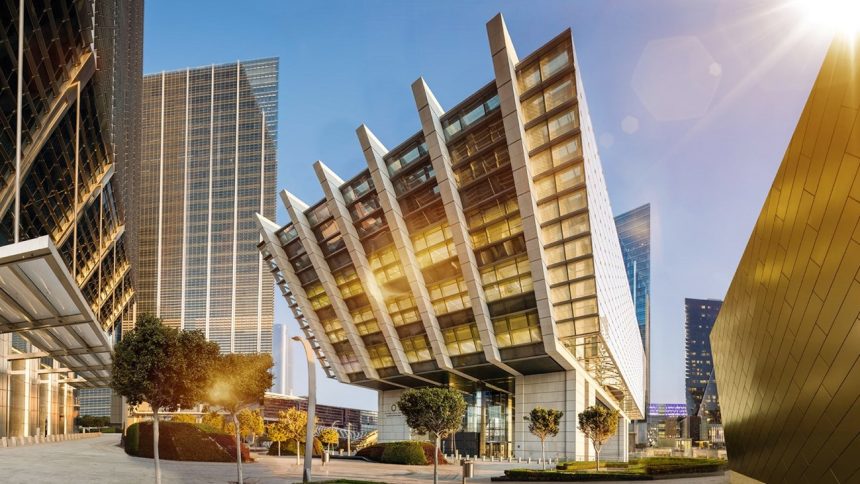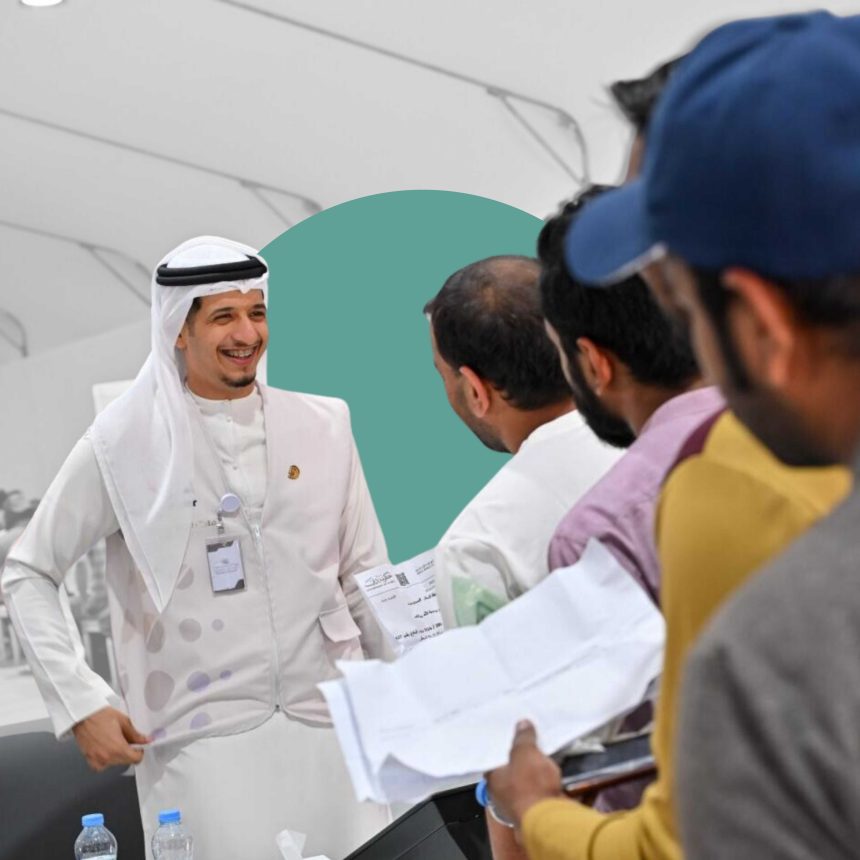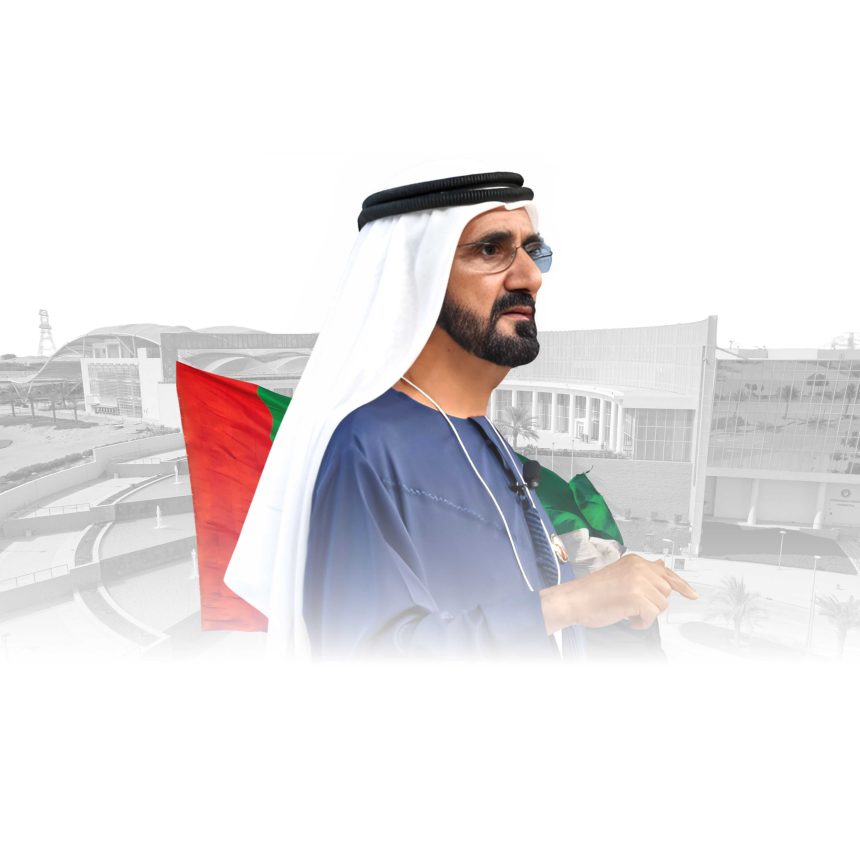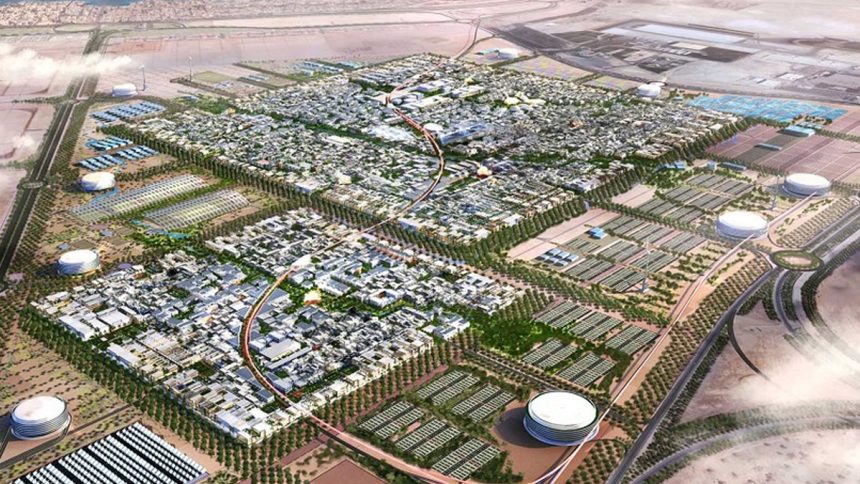In 2023, Masdar City achieved significant milestones in environmental, social, and institutional governance.
Driven by UAE government support.
Ahmed Baghoum, CEO of Masdar, expressed pride in these achievements.
He also emphasized their alignment with the UAE’s goal of achieving net-zero emissions by 2050.
Let’s summarize Masdar City achievements:
Energy Efficiency by Masdar City
Masdar city reduced energy intensity by 30.6%, surpassing the baseline set by the American Society of Heating, Refrigerating, and Air Conditioning Engineers (ASHRAE).
This reduction is equivalent to eliminating 3,392.6 tons of carbon dioxide emissions or removing 807 gasoline-powered vehicles from the roads for a year.

Water Conservation
Water consumption for drinking purposes decreased by 18.3% compared to sustainability standards, saving 42,901 cubic meters of water.
Masdar city achieved this by improving water usage efficiency and utilizing treated sewage water.
Waste Management
Masdar city diverted 57% of operational waste from landfills through composting and recycling.
This resulted in a reduction of 92.4 tons of carbon emissions.
Construction waste was also minimized by using pre-fabrication techniques and standardized design during construction.

Masdar City Commitment to Sustainability
Masdar remains committed to sustainability and social initiatives.
By 2025, the city aims to reduce energy consumption by 45% and enhance water use efficiency.
Plans include expanding renewable energy capacity.
Such as developing a 7-megawatt solar power station for data centers.
Stakeholder engagement and communication events continue to foster sustainable practices among companies.
Challenges Faced By Masdar City
Masdar City, as a pioneering sustainable urban community, has faced both opportunities and challenges in its journey toward sustainability.
Let’s explore some of the key challenges:
Environmental Context
Building a sustainable city in the desert presents unique challenges.
Extreme heat, water scarcity, and sandstorms require innovative solutions for energy efficiency, water management, and climate resilience.

Financial Barriers
Developing sustainable infrastructure and implementing advanced technologies can be expensive upfront.
Masdar City’s ambitious goals required substantial investment.
Moreover, striking a balance between sustainability and commercial viability is crucial.
Masdar had to find ways to make sustainable practices economically feasible.
Operational Challenges
Regardless of efficient building design, actual sustainability results depend on how occupants use and maintain the buildings.
Encouraging sustainable practices among residents and businesses is an ongoing challenge.
Efficient waste segregation, recycling, and minimizing waste generation are essential.
Masdar City’s waste management systems need continuous improvement.
Her Excellency Dr. Amna bint Abdullah Al Dhaheri, Minister of Climate Change and Environment, stressed the UAE’s vision in line with the Gulf Cooperation Council countries’ vision on the necessity of cooperation and unifying efforts, practices and policies in many vital files… pic.twitter.com/5GvRpkfTU4
— UAE Voice (@uae_voiceeng) September 10, 2024
Technological Integration
Masdar City combines traditional architectural techniques with advanced technologies.
Integrating these seamlessly while maintaining cultural aesthetics is also a challenge.
While constant monitoring for buildings and systems to identify areas for improvement and optimize energy usage requires ongoing effort.
Adding that it is essential to encouraging sustainable living and working practices among residents and employees.
This involves education, awareness campaigns, and community engagement.
Beyond buildings, Masdar City’s design considers outdoor spaces, natural shading, and wind patterns.
Ensuring a comfortable and pleasant environment for residents is critical.
Masdar City aims to be a model for other cities worldwide.
Sharing its methodology and lessons learned is essential for global sustainability efforts.
As other cities adopt sustainable practices, replicating Masdar’s success on a larger scale becomes a challenge.
Each city has unique contexts and constraints.





